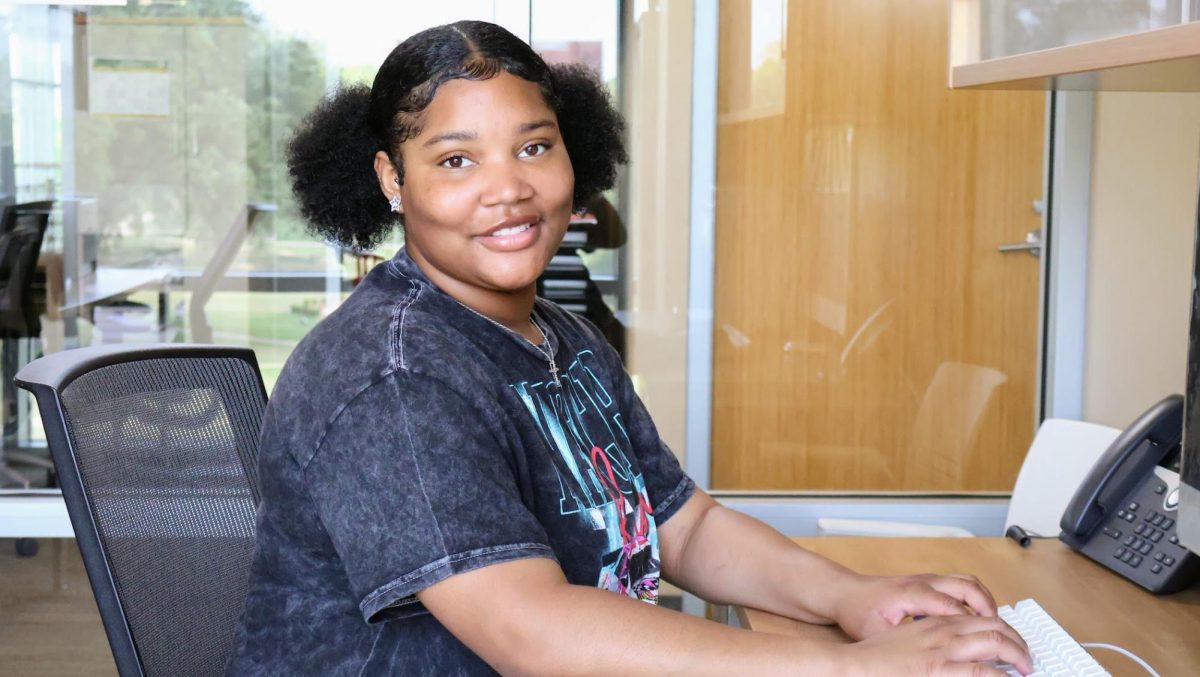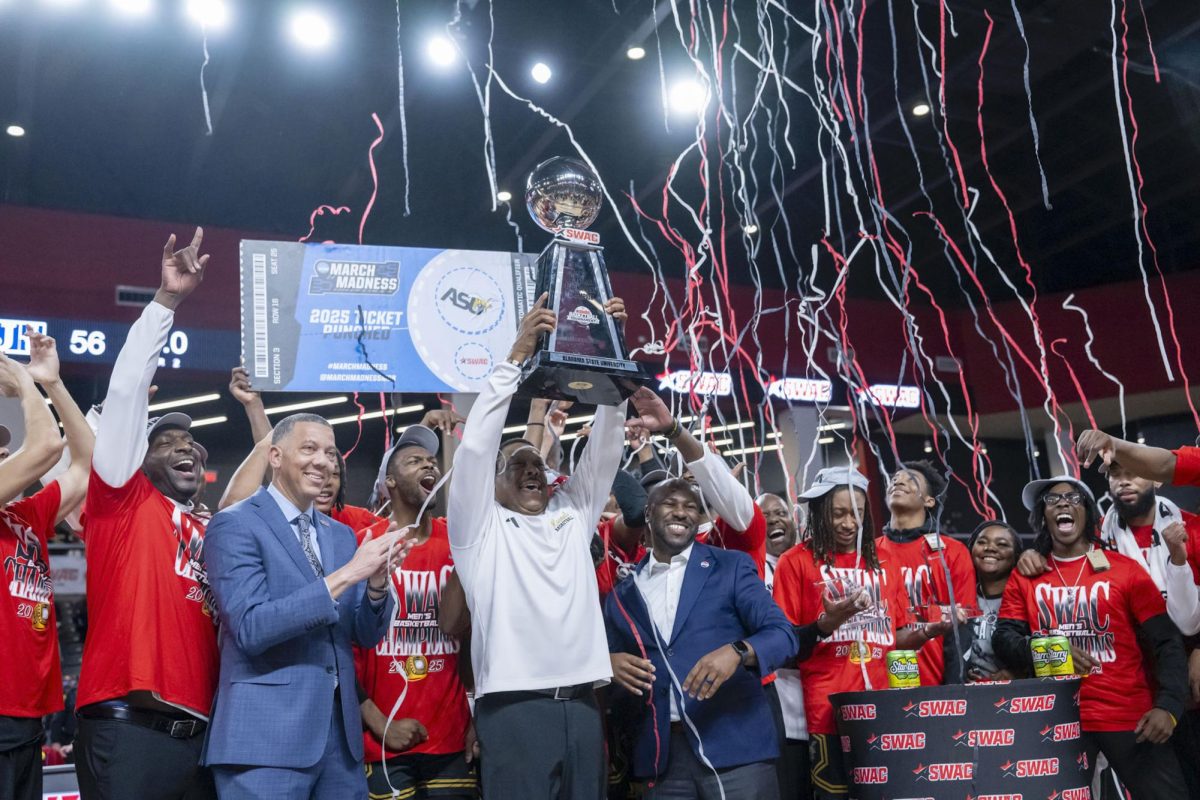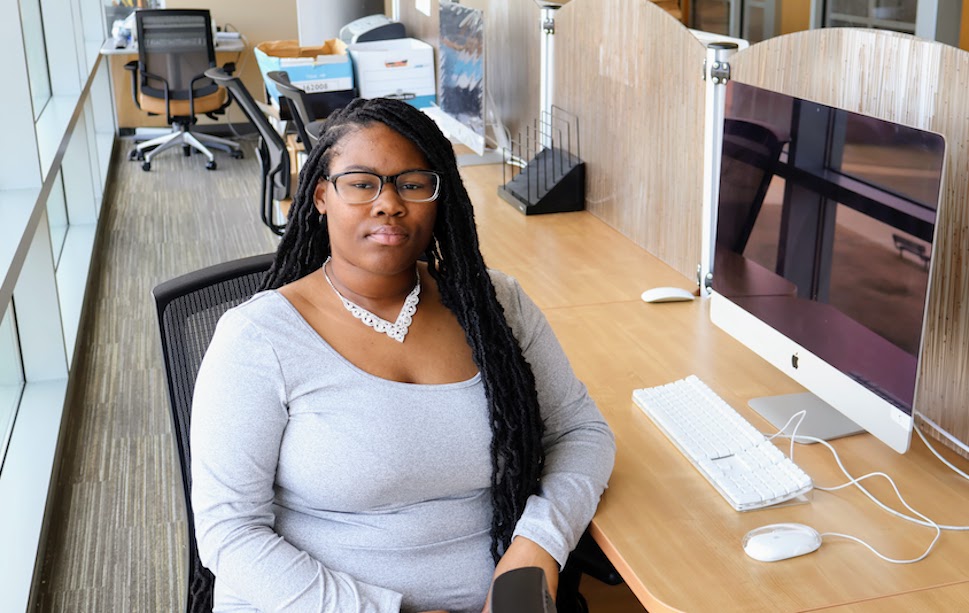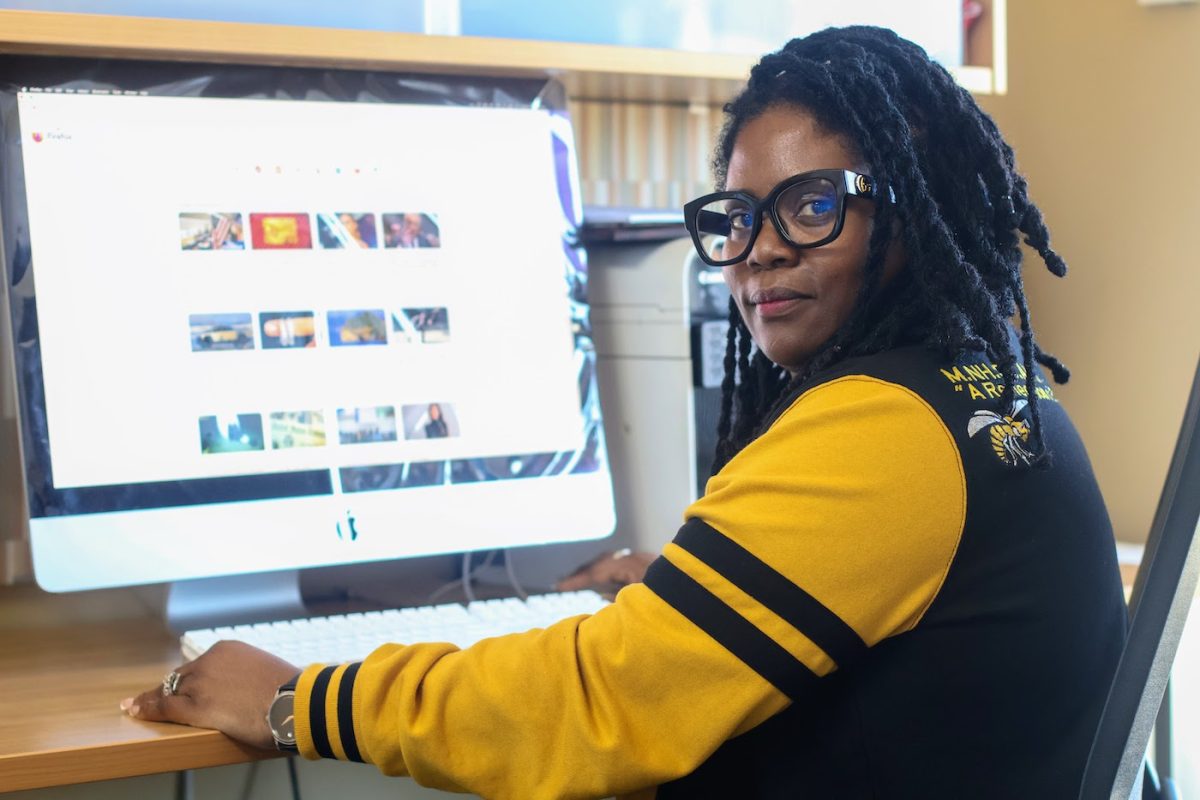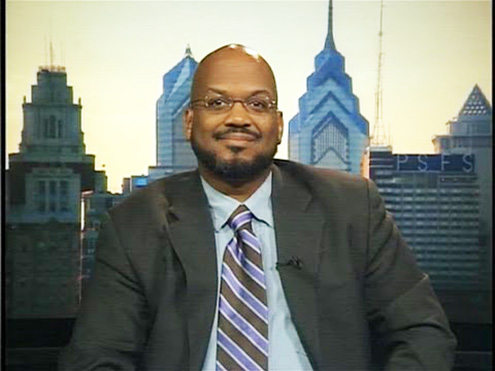This election was about more than just rights; it was a chance for America to address its wrongdoings against Black women. Throughout history, we have been the underdogs. Countries have been built upon our backs, yet we are still not deemed worthy and are often looked down upon.
As Malcolm X said, “The most disrespected person in America is the Black woman.” We have been trusted to take care of the household and look after others’ families, yet we are not considered fit for leadership roles. Kamala Harris is the perfect example of how we are expected to overcompensate and be overqualified to be considered even half as good as the majority.
With fundamental rights and democracy on the line, you would think the American people would choose someone with more than enough political experience over a racist, misogynistic felon. Yet, during Harris’ 107-day campaign, she was relentlessly scrutinized for any mistake or slip-up. What baffled me was how people criticized Harris for seemingly trivial things, like having female rappers perform at her campaign events and her prosecutorial record.
There were claims that she was not qualified enough, yet she had been involved in politics for over 30 years and had experience in all three branches of government. She studied political science and economics at Howard University, where she was highly active on campus. She earned a law degree from the University of California, Hastings College of the Law. Harris worked as a deputy district attorney (DA) in Oakland, California, for eight years (1990-1998), became DA in 2004 and was elected as the attorney general of California in 2010. She gained significant popularity within the Democratic Party for her previous work, including a memorable speech at the 2012 Democratic National Convention.
In 2016, she won her Senate race on a similar platform to the one she used in her presidential campaign. Harris was the first Indian American and the second Black woman to serve in the Senate. She has frequently credited Shirley Chisholm for paving the way for her. Chisholm was the first Black woman elected to Congress and the first to seek a major party nomination for the 1972 Presidential Election.
Beyond her qualifications, Harris’ embrace of Black culture during her campaign also triggered a lot of backlash. Many people claimed she “wasn’t Black” or accused her of pandering to Black voters to gain their support. Former President Barack Obama (2008-2016) faced similar scrutiny during his campaign, with questions raised about his ethnicity. Harris has stated that she is of Indian and Jamaican descent. As for the accusations of “pandering to the Black community,” I believe Harris is confident in her heritage. She is an HBCU (historically Black colleges and universities) graduate, a member of Alpha Kappa Alpha Sorority, Inc., and has consistently advocated for the Black community throughout her career.
Another point of contention was her use of female artists like GloRilla, Megan Thee Stallion, Beyoncé, and Cardi B, which some criticized as “inappropriate” or “excessive”. These critics said she only used these artists to appeal to Black women. This criticism is hypocritical, especially considering that former President Donald Trump had appearances from Mike Tyson, Dr. Phil and Mel Gibson. Some even said that Harris paid these artists to appear at her events, but Cardi B quickly shut down these rumors, explaining why she chose to endorse the vice president.
Every artist, entertainer and public figure who supported Harris gave meaningful speeches. They agreed with her policies and emphasized that voting for Harris meant choosing to protect democracy. One of her major platforms was women’s reproductive rights. Former President Donald Trump was associated with the Republican agenda to repeal these rights, along with many others. Harris pledged that if elected, she would appoint the necessary officials to restore “Roe v. Wade.” This stance resonated with many women because no woman wants a man to decide what is best for her body.
Harris also proposed policies that could have been beneficial to the economy. She promised tax cuts for middle-class families, more affordable rent and greater access to homeownership while fighting price gouging. She also pledged to “safeguard our fundamental freedoms.” Harris was an ideal candidate for the Democratic Party.
In conclusion, if Harris had been a white man with the same policies and credentials, she likely would have won the 2024 Presidential Election by a landslide. Her loss is a harsh reality for most if not all, Black women. The Black community is always expected to go above and beyond, while the majority often get away with doing the bare minimum. Harris ran an excellent campaign and had a plethora of beneficial policies. She had more experience than many of her peers, especially her opponent. She was truly “for the people,” but her greatest obstacle was simply being a Black woman.


